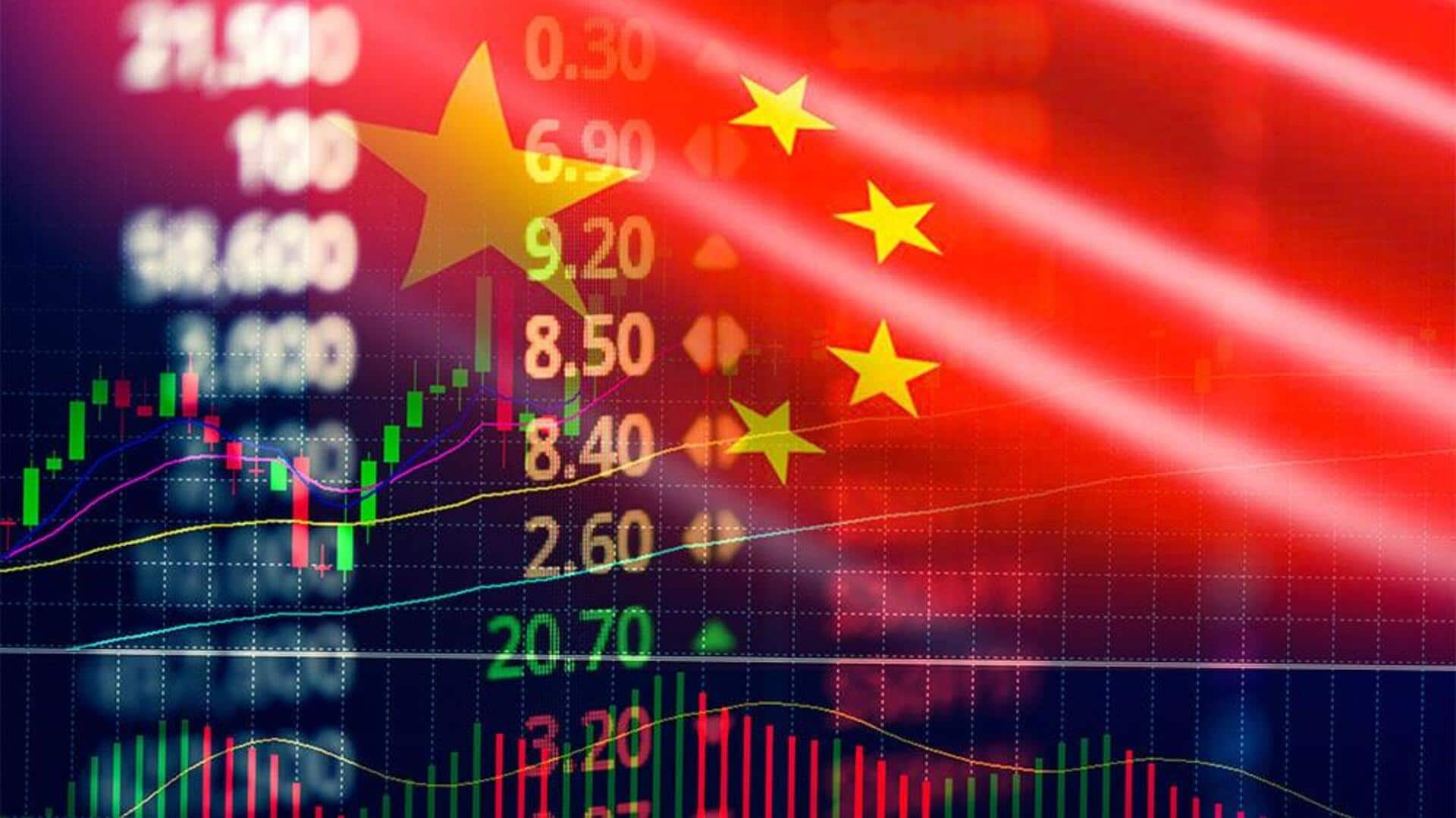A Market Rebound Few Expected
Chinese equities, long dismissed as risky and unpredictable, are back in the spotlight this year. The Shanghai Composite reached a ten-year high earlier this month, while Hong Kong’s Hang Seng index has surged 30 percent in 2025, putting it on track for its best annual performance since 2017.

Retail investors, who drive nearly 90 percent of daily trading volumes in China, are once again pouring money into stocks. For many, low interest rates on bank deposits and limited property investment opportunities have made equities a more attractive bet. One retail investor, Hou Yujie, shared that she recently put 10 percent of her savings into the market and made the equivalent of a month’s salary within days.
Government Policy Shifts Spark Confidence
Much of the rally traces back to what investors call the “9.24 performance.” On September 24, 2024, China’s central bank governor and top financial regulators held a rare joint press briefing to announce a wave of measures aimed at supporting growth and stabilising markets.
Since then, Beijing has signaled a clear pivot toward prioritising economic growth over risk minimisation. Regulators have encouraged insurers and state-backed funds to increase their equity exposure, aiming to transform China’s capital markets into a long-term store of wealth similar to those in the US.
The government recently reinforced this message with another media briefing, highlighting renewed overseas investor interest. Ark Investment Management, led by Cathie Wood, reopened positions in Alibaba for the first time in four years, underscoring the shift in sentiment.
Domestic Drivers and Global Interest
For Chinese households, the rally comes at a time of prolonged weakness in the property sector and restrictions on moving capital abroad. With fewer investment alternatives, equities have become the natural outlet.
Sectors like artificial intelligence, semiconductors, and drones are seen as particularly promising. Progress in these industries, along with easing tensions in the US-China trade relationship, has fueled optimism that Chinese companies can capture significant global market share in emerging technologies.
Foreign investors, who had largely stayed away during years of volatility, are now taking notice. Improved policy clarity and the promise of stronger growth are pulling institutional money back into China.

Risks of a Retail-Driven Rally
Despite the excitement, concerns remain about sustainability. Unlike in the US, where retail investors make up about 20 percent of daily trade, in China they account for close to 90 percent. This dynamic makes the market more susceptible to swings driven by sentiment rather than fundamentals.
Many everyday investors still view the stock market as a gamble rather than a long-term wealth-building tool. “As soon as I hear or sense the market going down, I’ll grab my money and run,” one investor said, capturing the fragile psychology underlying the rally.
The Road Ahead
Whether the rally holds will depend on continued policy support, global economic stability, and the ability of Chinese companies to deliver on growth in high-tech sectors. For now, 2025 is shaping up to be a landmark year for Chinese equities, with both local and global investors rushing back in after years of hesitation.
Follow YouFinance on Instagram and Facebook for the latest updates on global markets, investments, and economic trends.
















